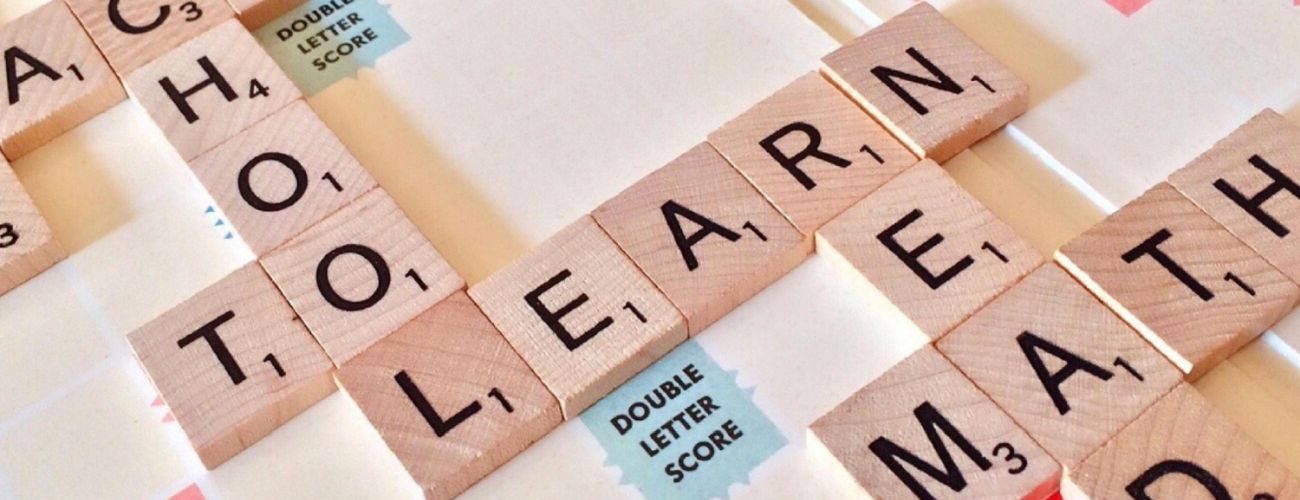An illiterate person is one who cannot read or write. They are divided into the organically illiterate and the functionally illiterate.
Illiteracy in the school environment is a common phenomenon, especially among people belonging to social groups with special problems (e.g., refugees, Roma) who cannot meet the demands of school and become victims of discrimination. The state does not take the necessary measures for their education. Moreover, in schools, classes have many pupils of different levels, with the result that some pupils are left behind and the more advanced ones have a head start. Also, teacher shortages, lack of infrastructure and classroom functioning are some more factors.
The effects of illiteracy on illiterates are: exclusion from jobs that require high education and skills and lead to unemployment, and a feeling of inferiority, which makes them unable to defend their rights. They are more easily exploited by employers in their daily life, thus increasing social inequalities. An illiterate person is more likely to believe in superstitions, religious beliefs and prejudices.
The solution to illiteracy can be achieved by making compulsory nine-year education a reality, not just a law, by providing assistance to needy families so that their children can complete compulsory education. Measures should be taken for children who live in isolated places so that they can have access to schools. Another solution is to have remedial teaching in schools for people with special needs. Furthermore, adult classes could also be set up to eliminate this social problem.
To sum up, illiteracy plays an important role in society and in a person’s life and therefore it should be solved, not only in words but also in practice.









Add comment